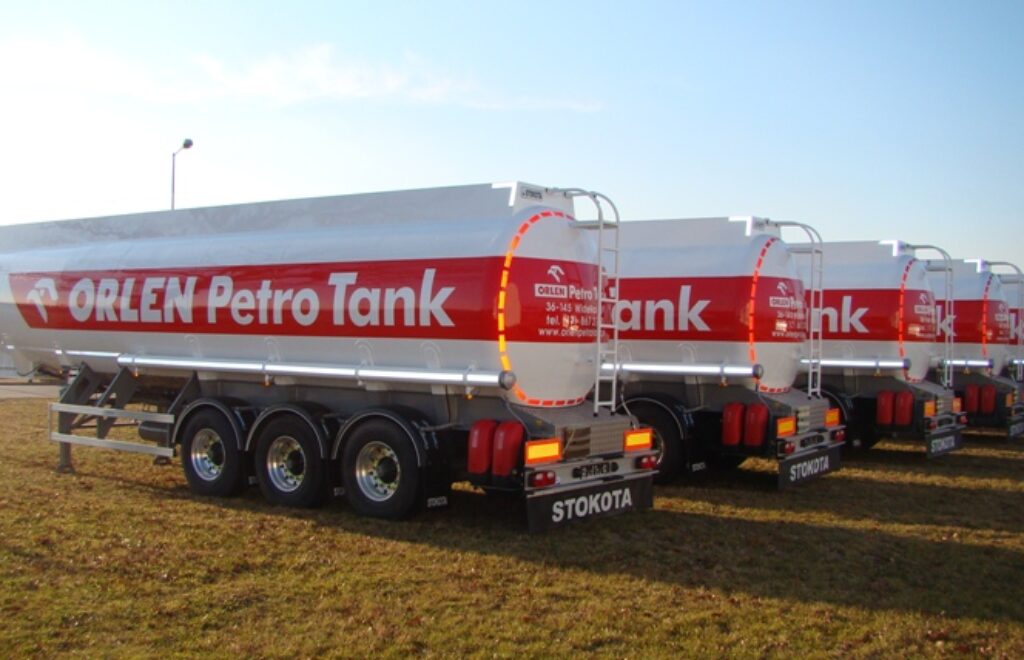Radiophobia. Why the fallout of unscientific myths from Chernobyl still prevail
One recent scientific study shows once again what had been known to most insiders for years: in the prestigious journal Science, a team of western researchers examined the genetic health of children close to the Chernobyl liquidators (the people who were sent to remove substantial parts of radioactive fallout from the explosion and whose heroism is undisputed). What the researchers found might come as a surprise to the broader public: the genetic health of these children was in no way worse than in the general population. In other words, no statistically significant increase in mutations was found in the offspring of those most heavily affected by the accident.
September 12, 2021 - Michael Richter



































